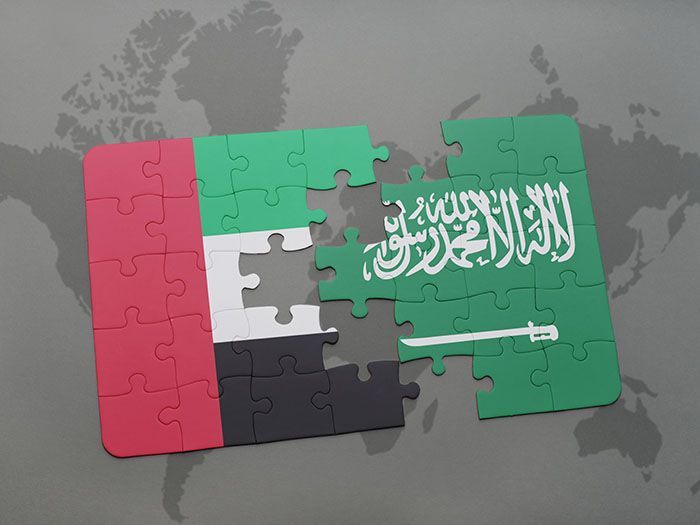- UAE yet to publish in official gazette.
- Beneficial to foreign nationals residing in KSA and UAE too
On 1 March 2019, Saudi Arabia published the Double Tax Treaty (DTT) with the United Arab Emirates in its Official Gazette (Ummul Quraa). The DTT is not yet to publish in the UAE Official Gazette. The DTT shall come into force on the first day of the second month following the month in which the UAE publishes in its Official Gazette. If UAE publishes in March 2019, the DTT shall come into force on 1 May 2019.
A summary of the key provisions of the DTT is listed below:
- Withholding tax (WHT) on interest and service fees – Exempted
- WHT rate on royalty payments – reduced to 10%
- WHT on dividends (same as the domestic dividend WHT rate in KSA) – maximum of 5%
- No relief from non-resident taxation on the transfer of shares or immovable property
- Foreign national residents of the UAE or KSA may also benefit from the DTT
- Sovereign Wealth Funds and certain entities that are exempt from tax expressly qualify for DTT benefits.
Some Key matters of interest –
- Business Profits (Article 7) –
The treaty provides that profits made by an entity are not subject to tax in the other contracting state, unless the entity carries on its business through a Permanent Establishment (PE).
What constitutes a PE? – As per Article 5, under DTT, the PE will exist only if services are carried out by an entity of a contracting state through employees or others engaged by that entity within the borders of the other contracting state for a period of more than 183 days in any 12 month period. A PE would also arise if a building site, construction, assembly or installation project in the other contracting state lasts for a period of more than six months.
The treaty also provides that items of income that are not specifically dealt with in the DTT are taxable only in the contracting state where the recipient is resident. Hence, the income from services that are not provided through a PE in the other contracting state should be exempt from WHT and other forms of taxation in that state.
2. Dividends (Article 10)
The DTT limits the WHT on dividends to 5%. So at present there is no relief from WHT on dividend from KSA to UAE.
3. Interest (Article 11)
The Treaty exempts WHT on interest payments between UAE and KSA residents. As per DTT, interest is taxable only in the contracting state in which the recipient resides.
4. Royalties (Article 12)
The DTT limits WHT on royalty payments at 10%. The rate prevailing in Saudi Arabia is 15%. Royalty includes, but not limited to, payments for the use of or the right to use industrial, commercial or scientific equipment.
5. Capital gains (Article 13)
The DTT does not exempt tax on capital gains from transfer of (a) shares and (b) immovable property in the other contracting state. The transfer of shares in listed companies is exempt from tax under the DTT; in any event, such gains would not attract taxation in KSA under domestic law.
6. Principal Purpose Test (PPT) (Article 29)
A PPT provision is included in the treaty to prevent DTT relief where the main aim of a cross border transaction is to obtain DTT relief. Hence, it is important that entities in both contracting states who are seeking to claim DTT relief ensure appropriate operational substance and can support a principal commercial purpose.

